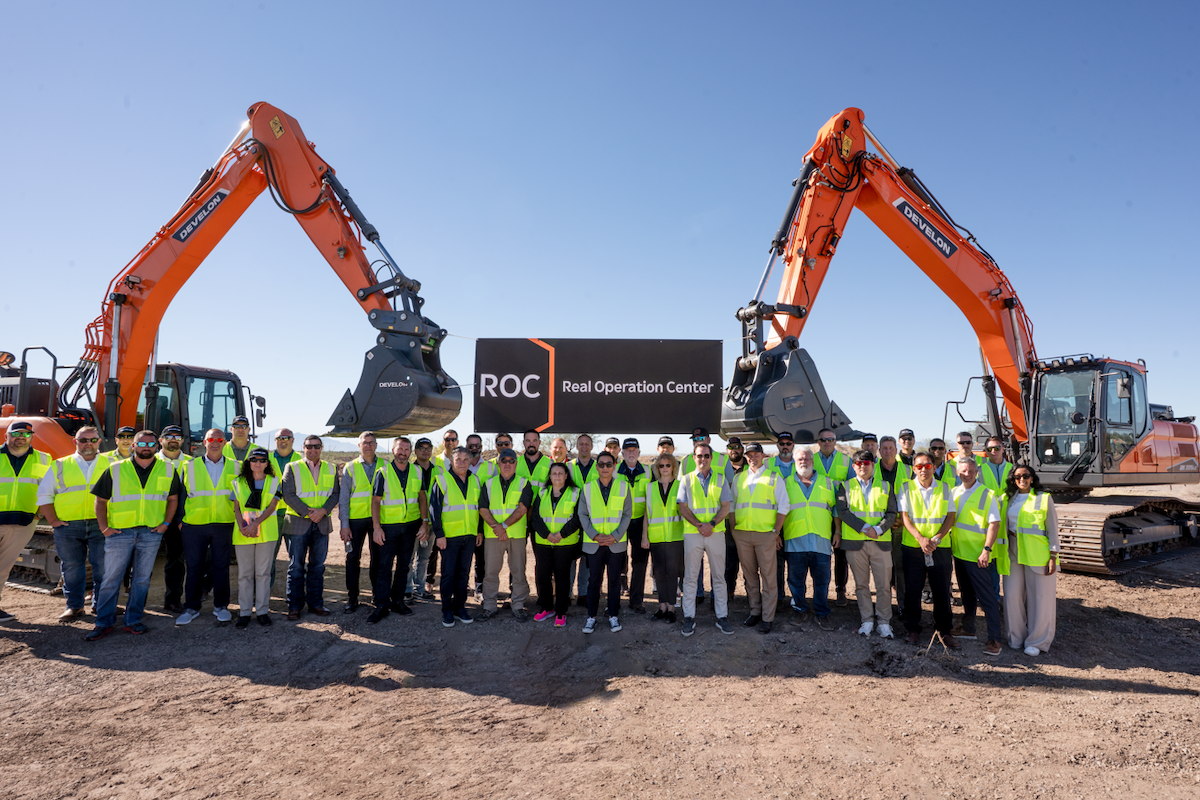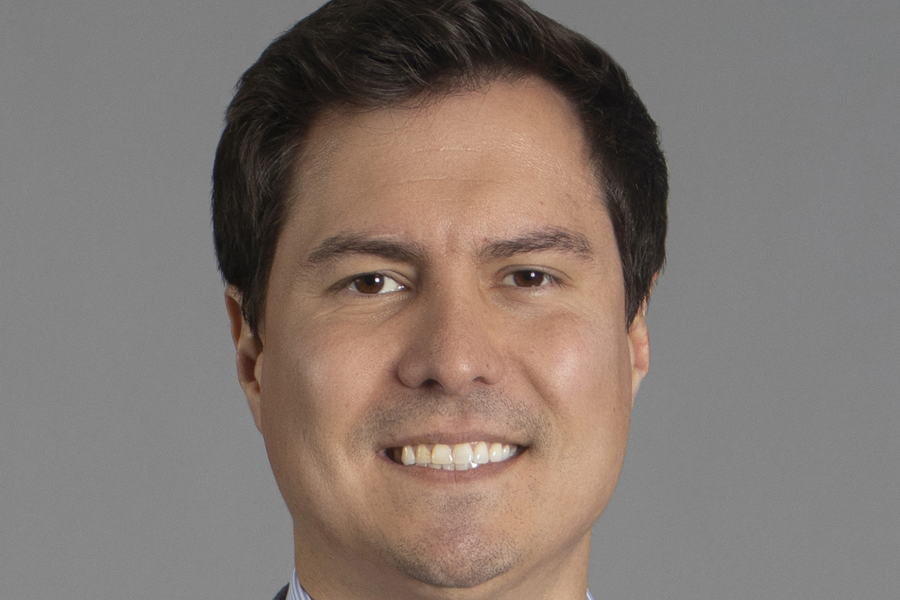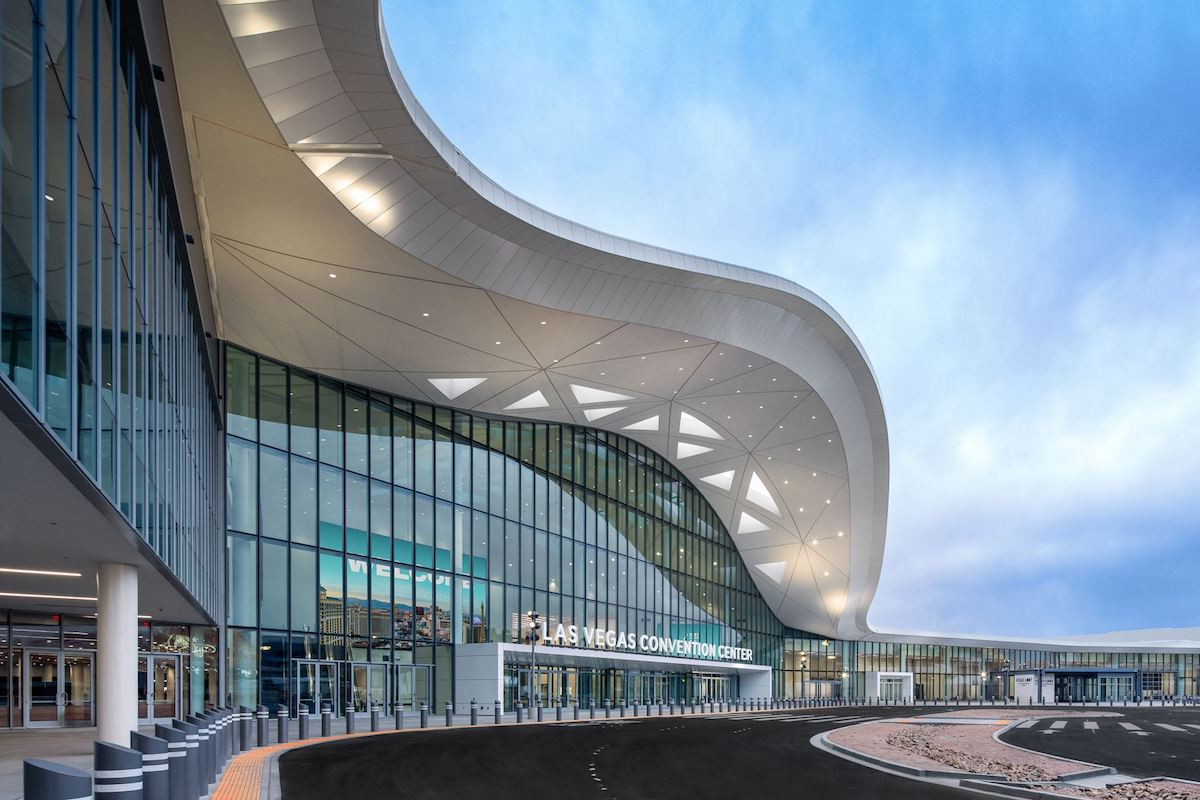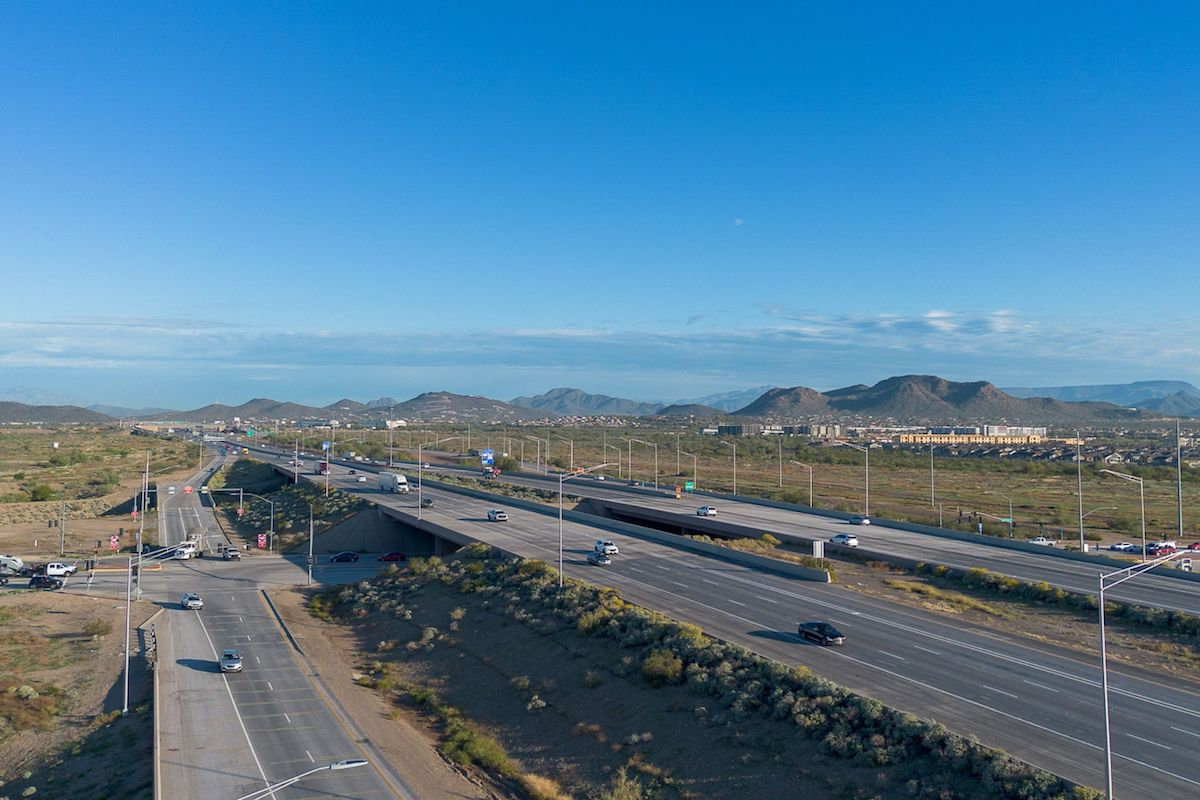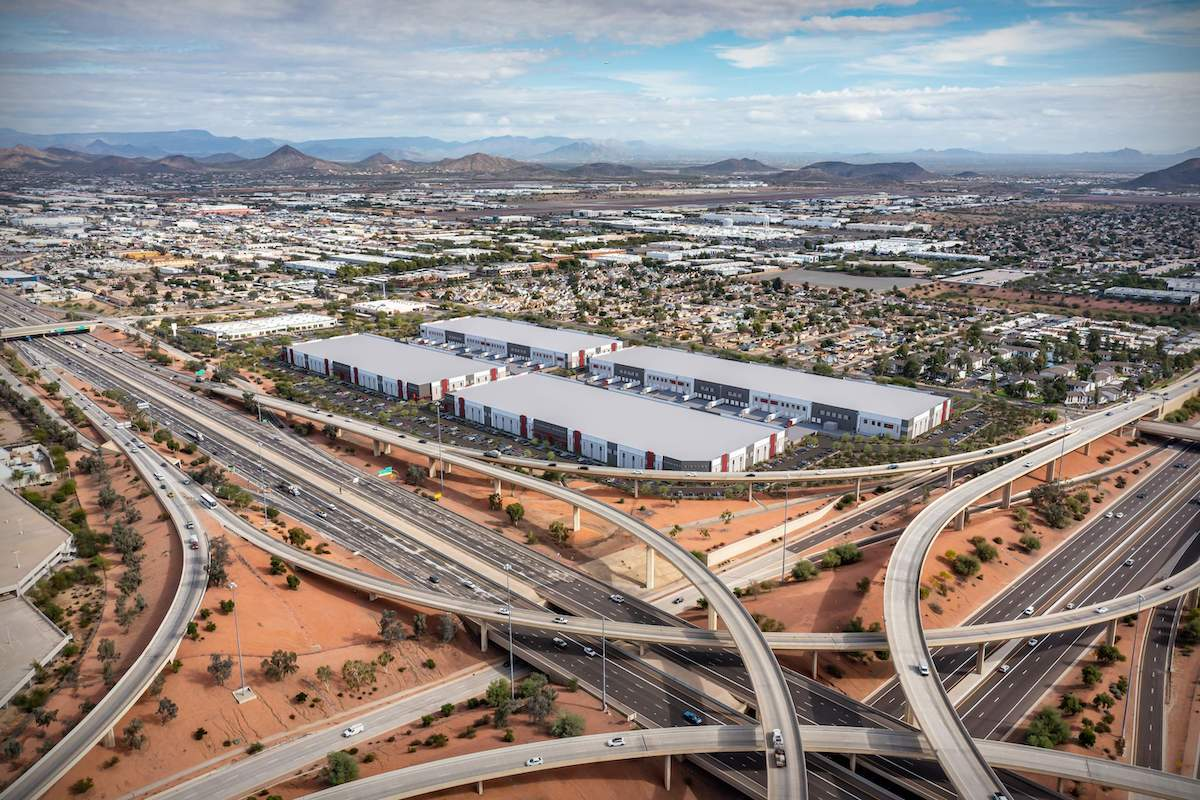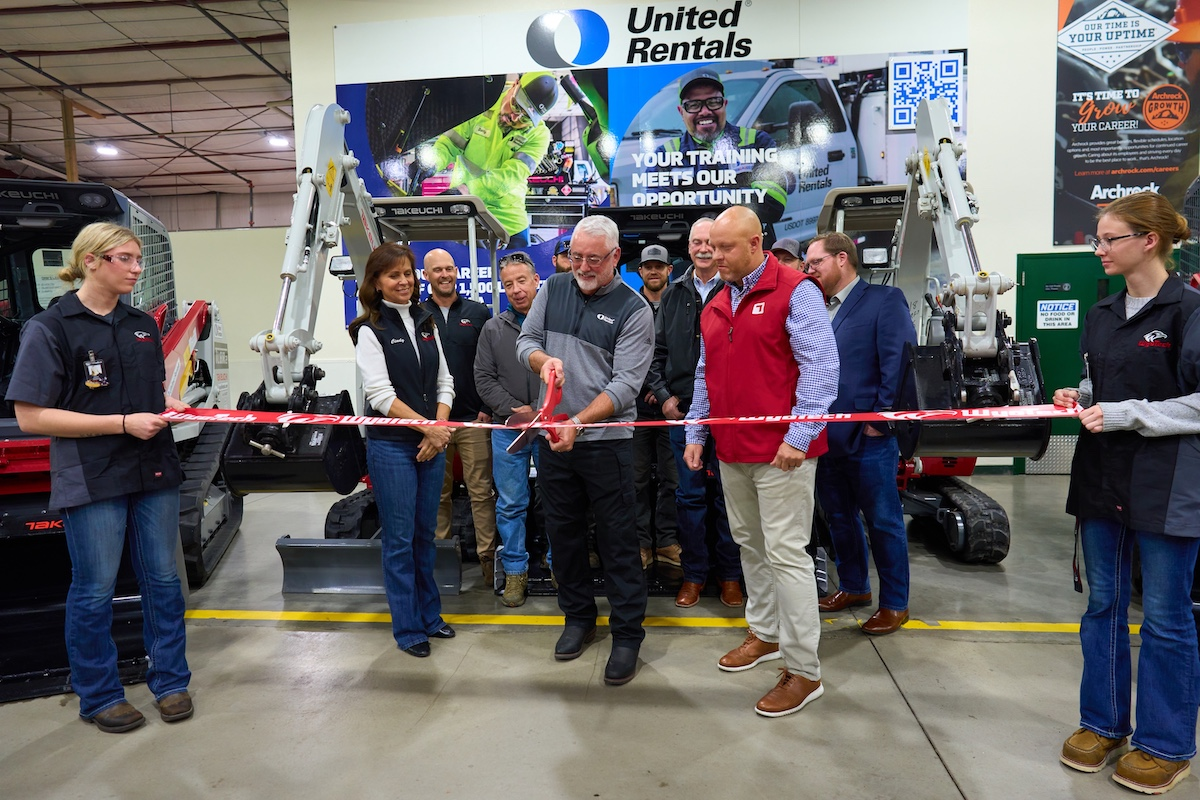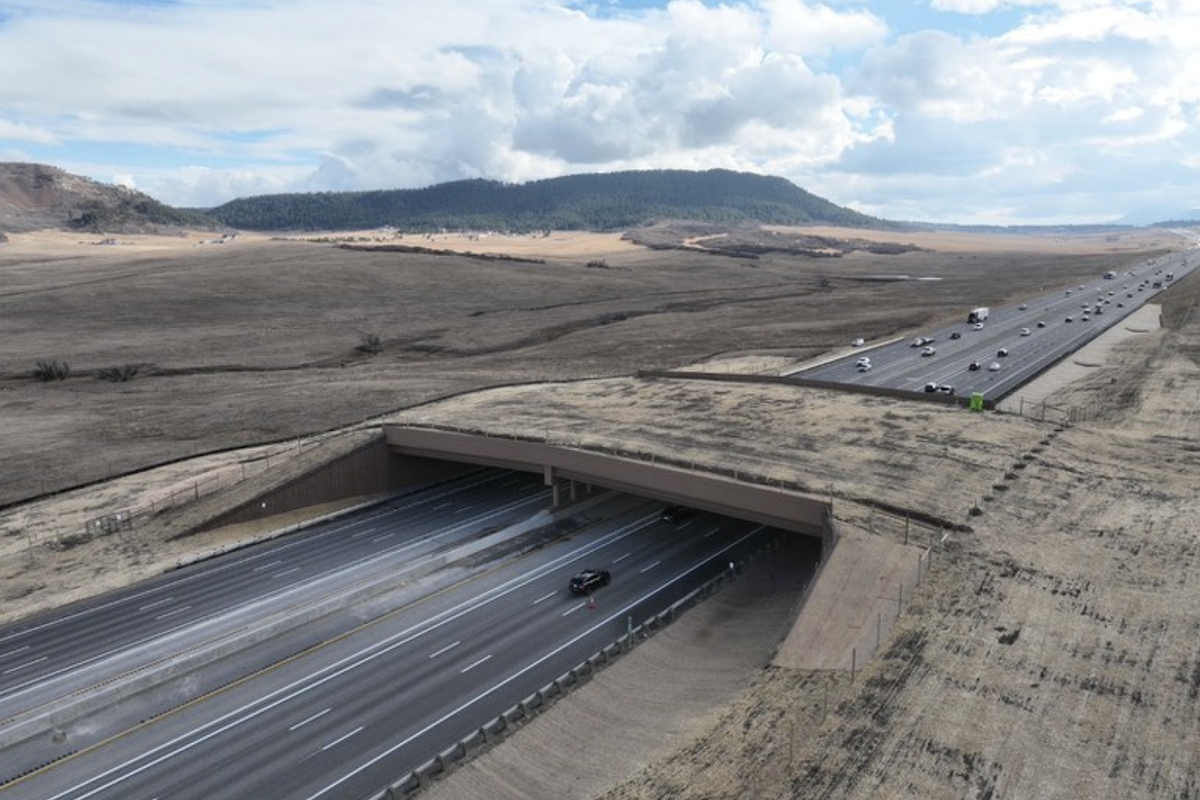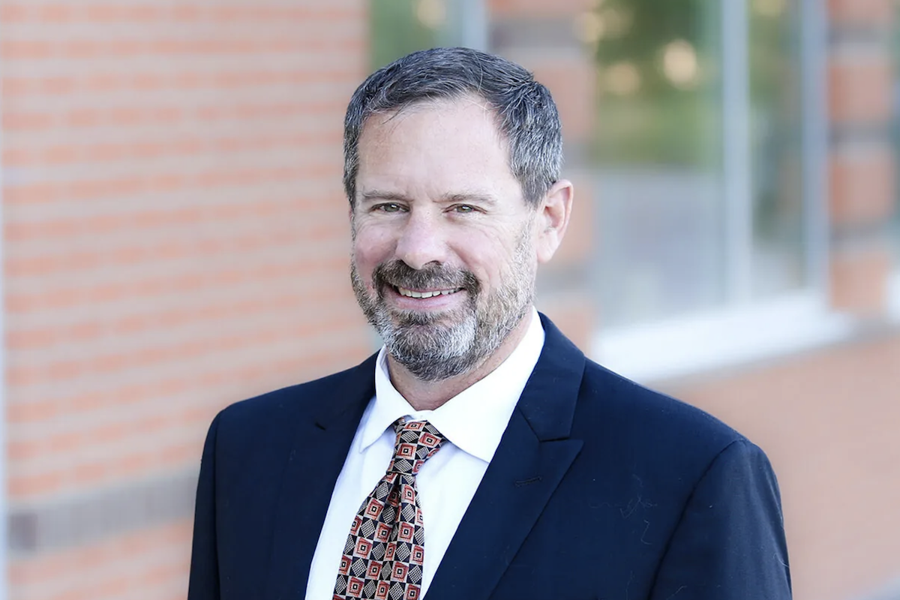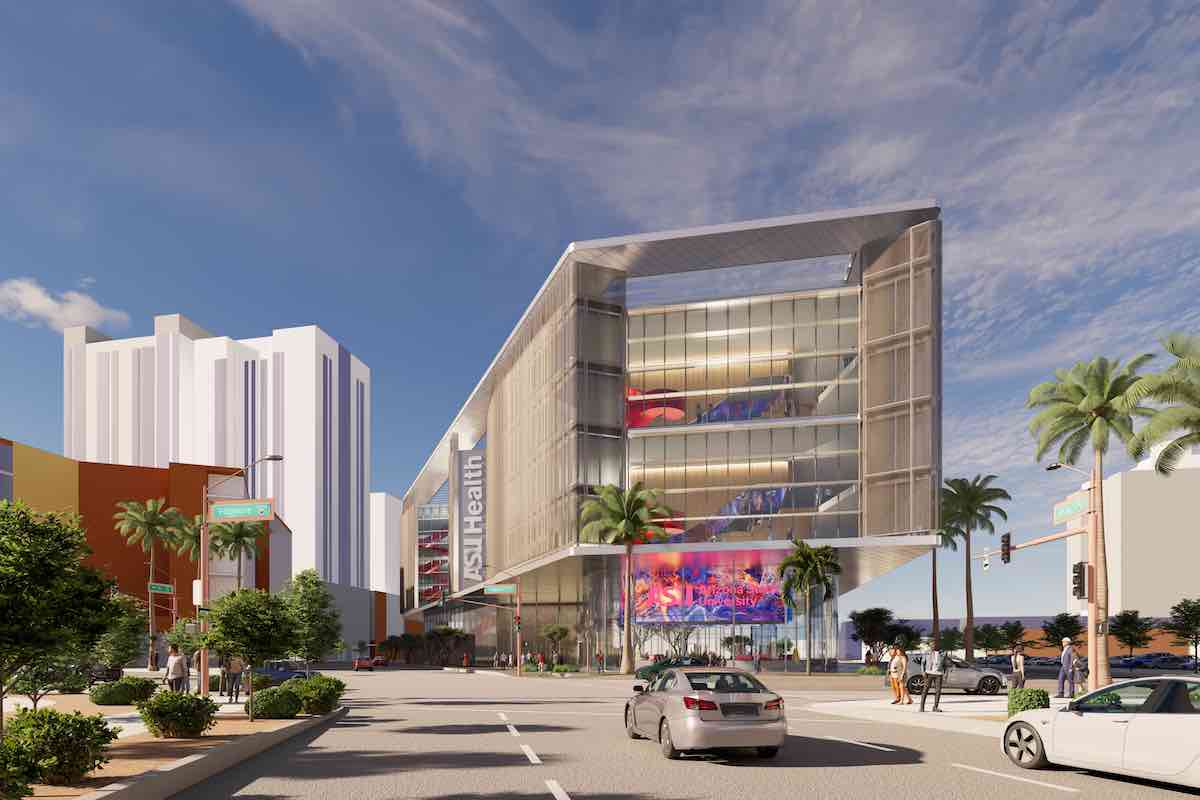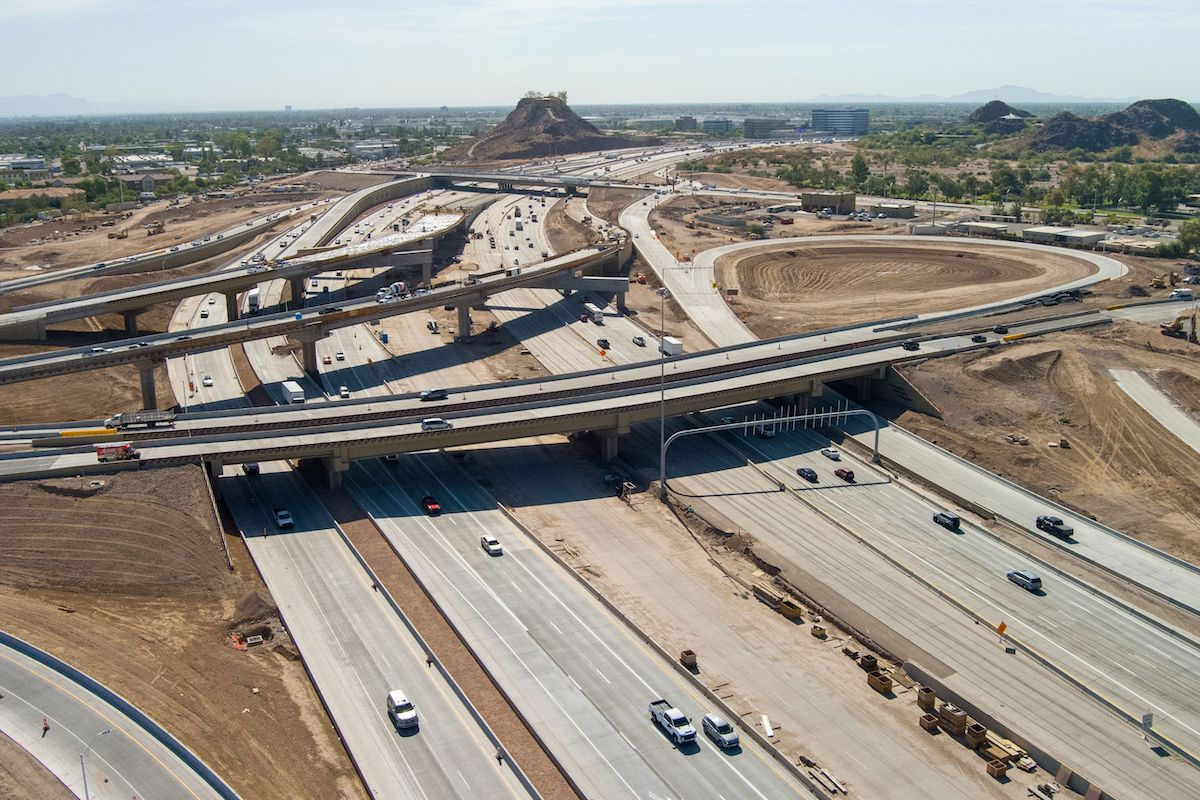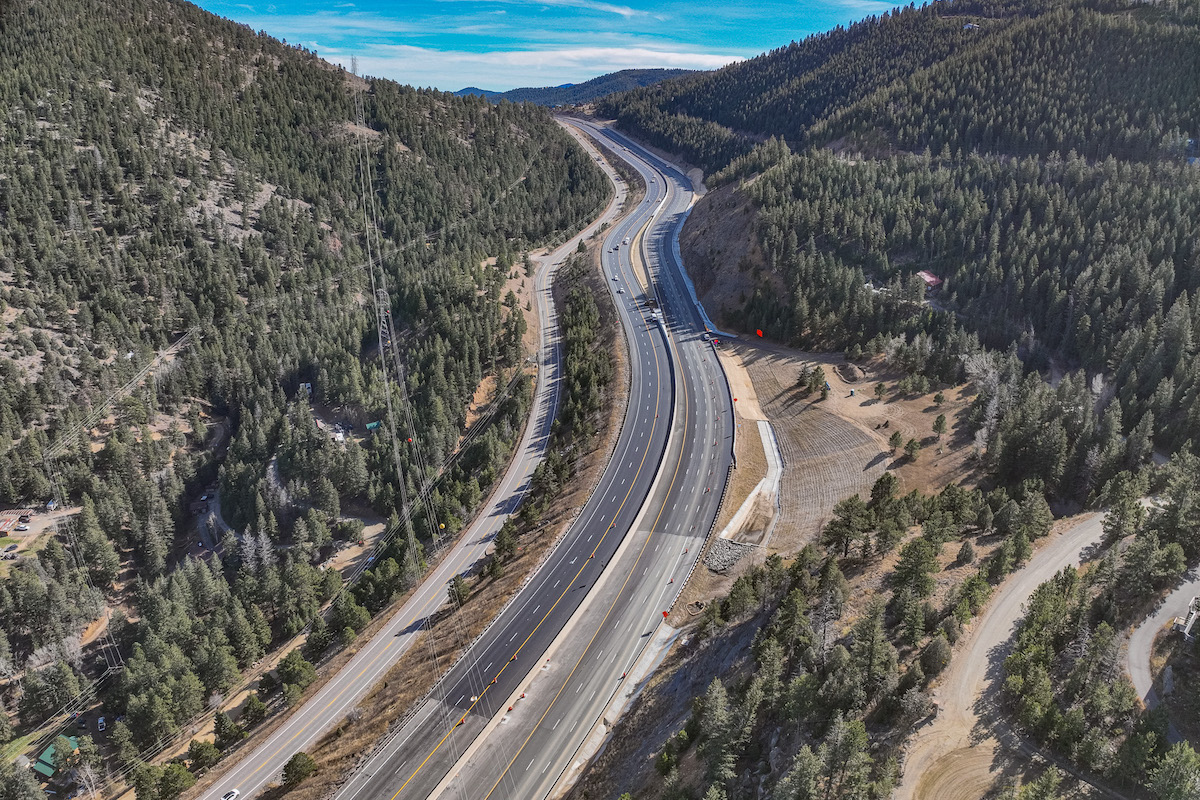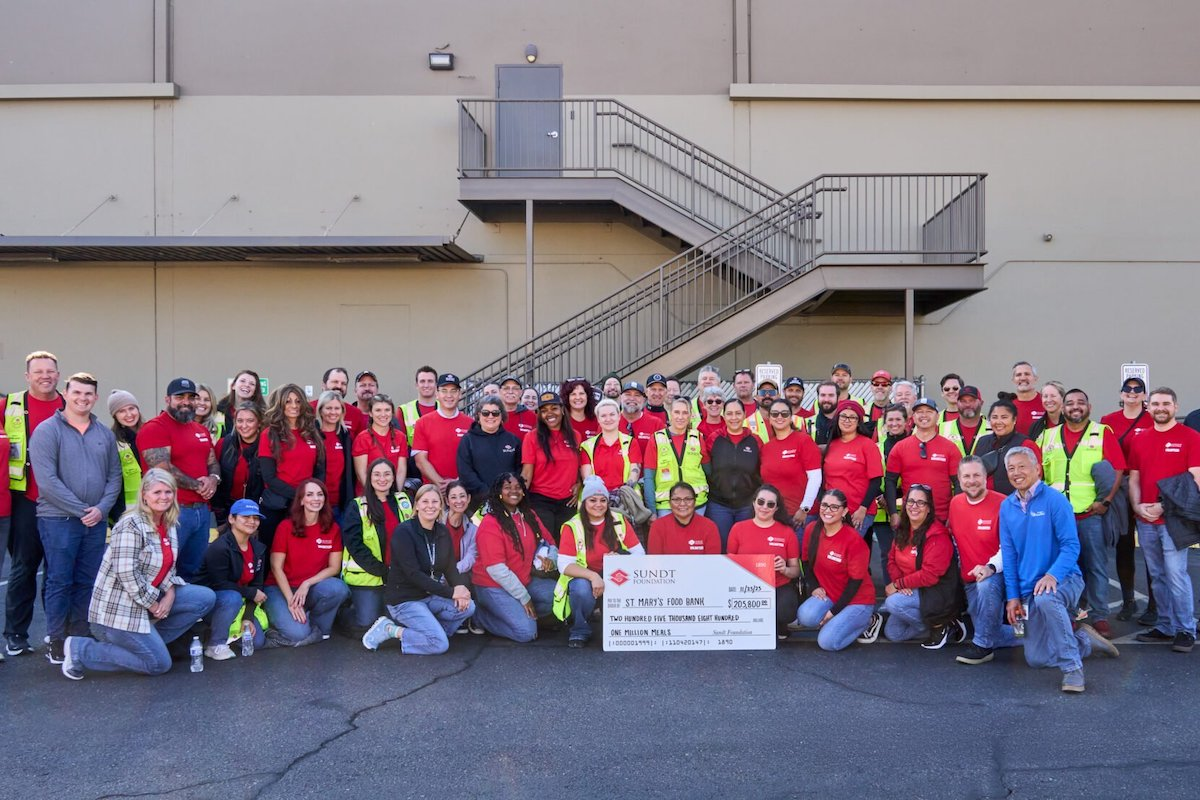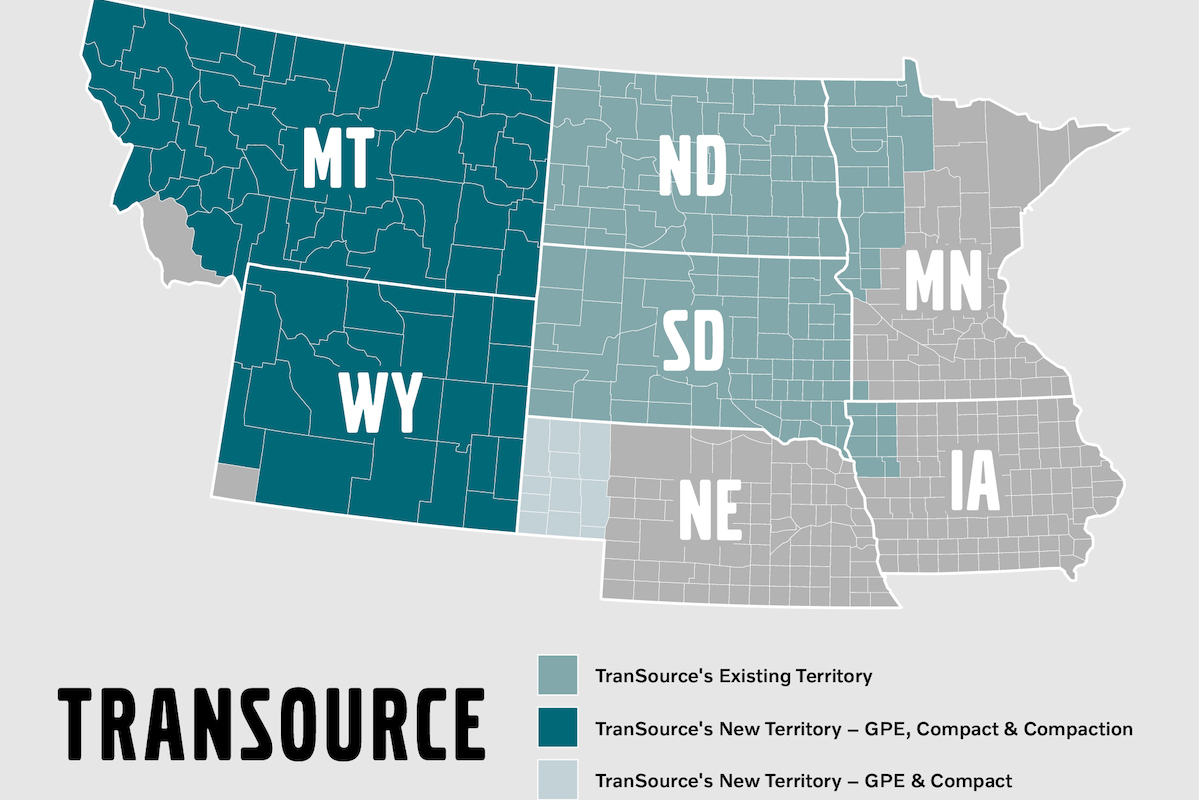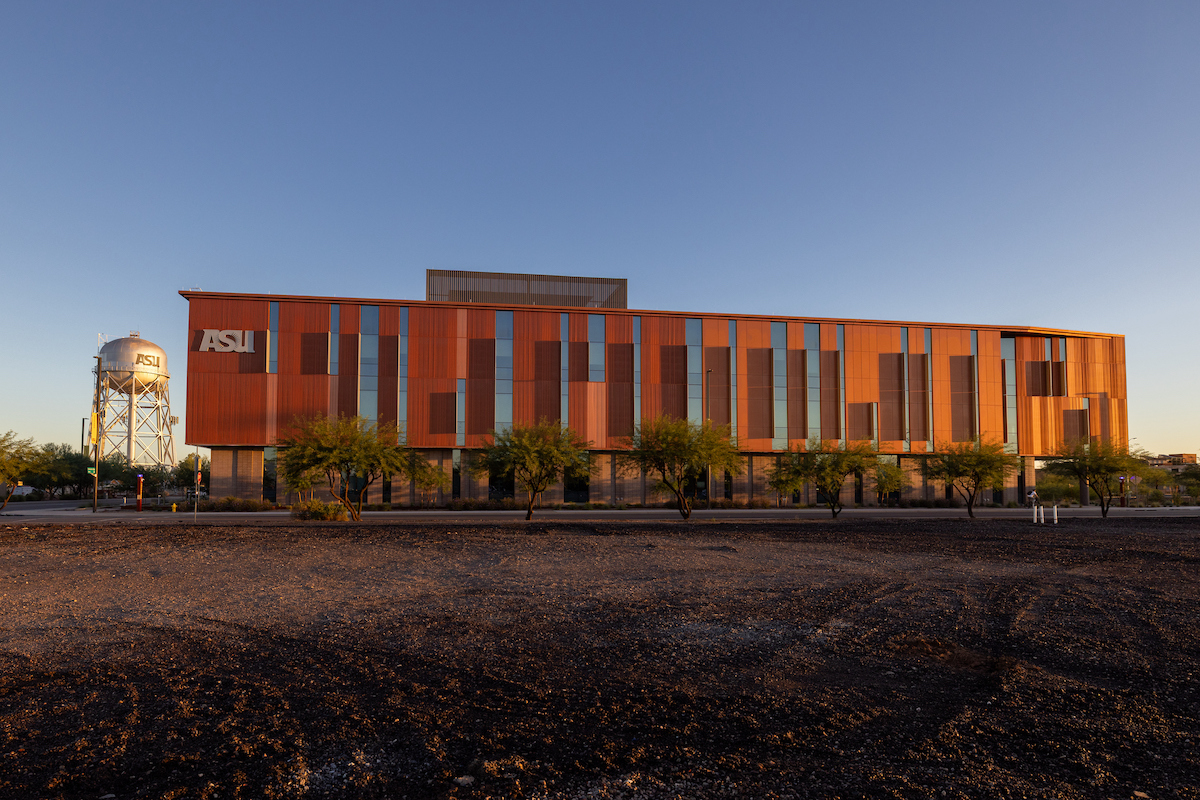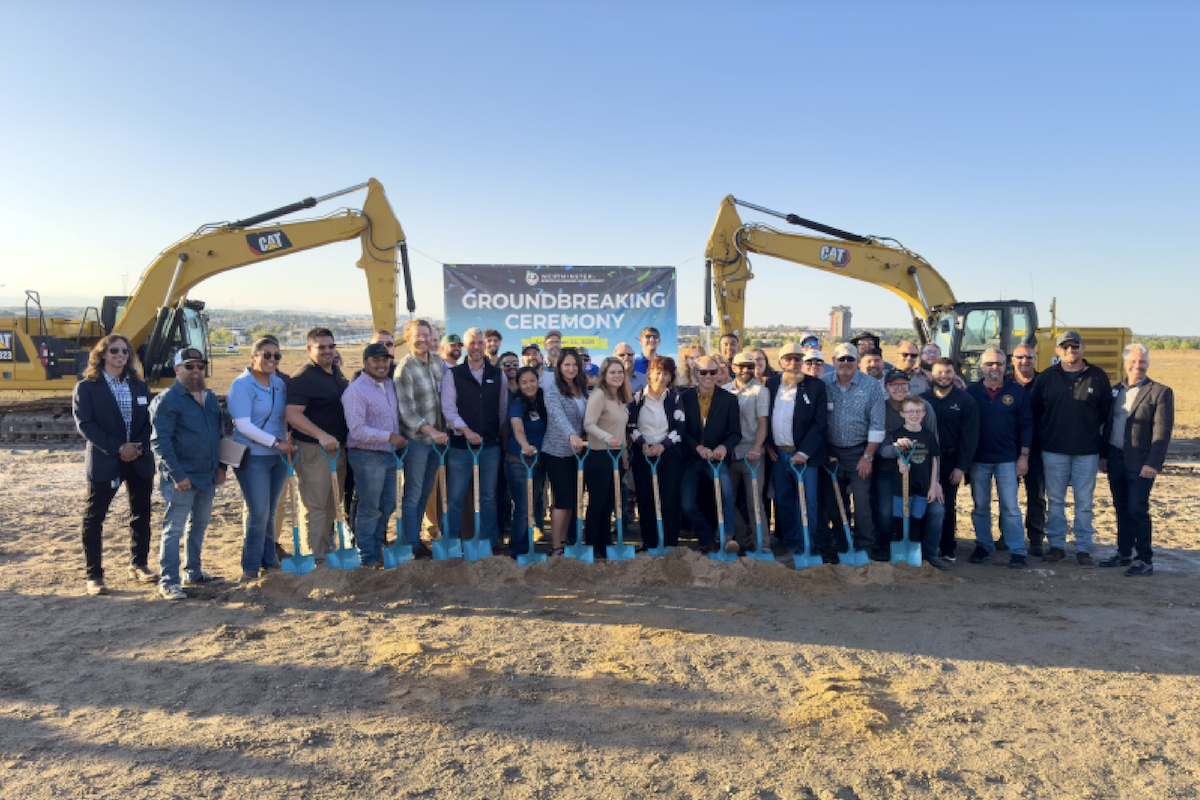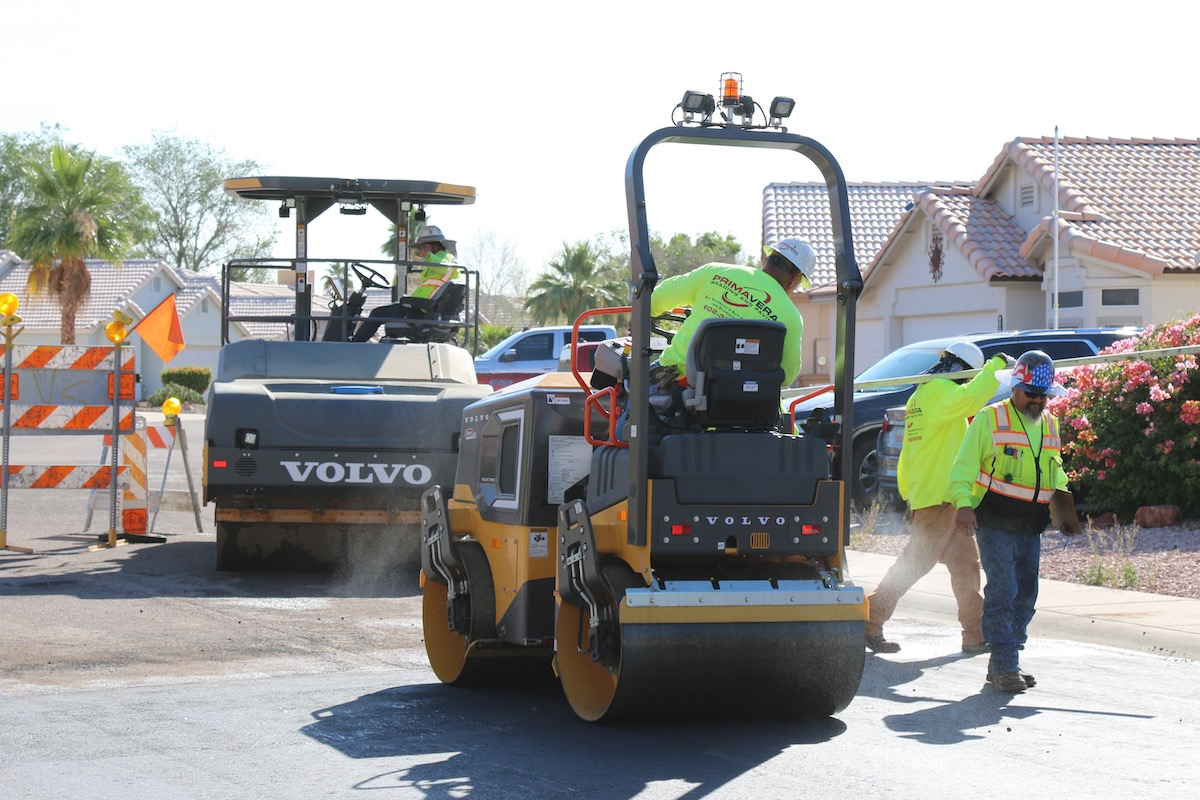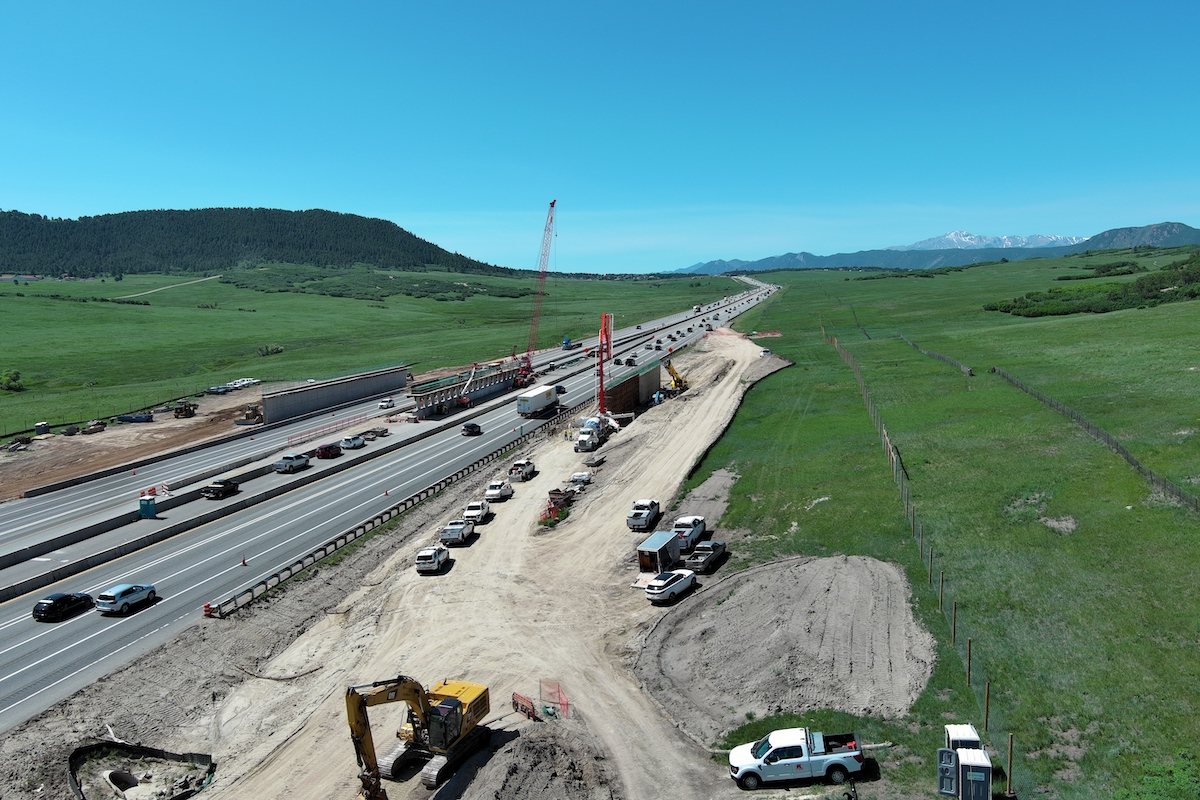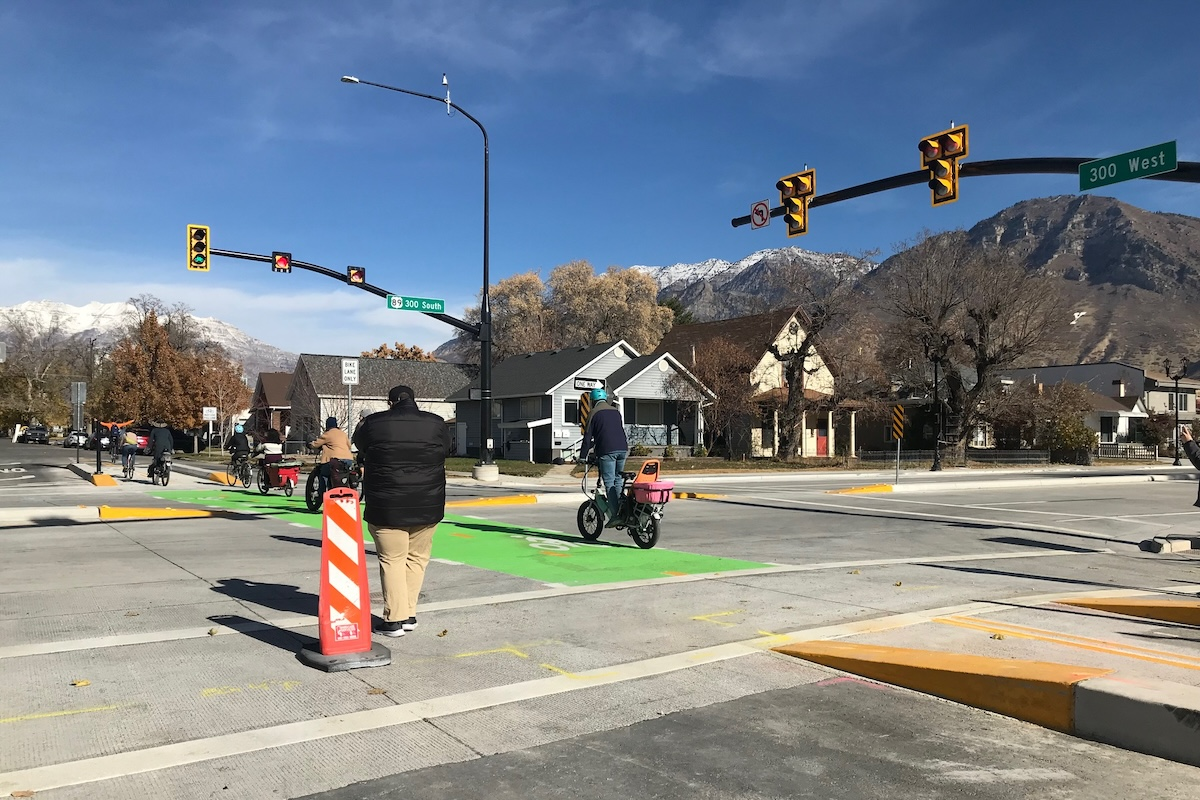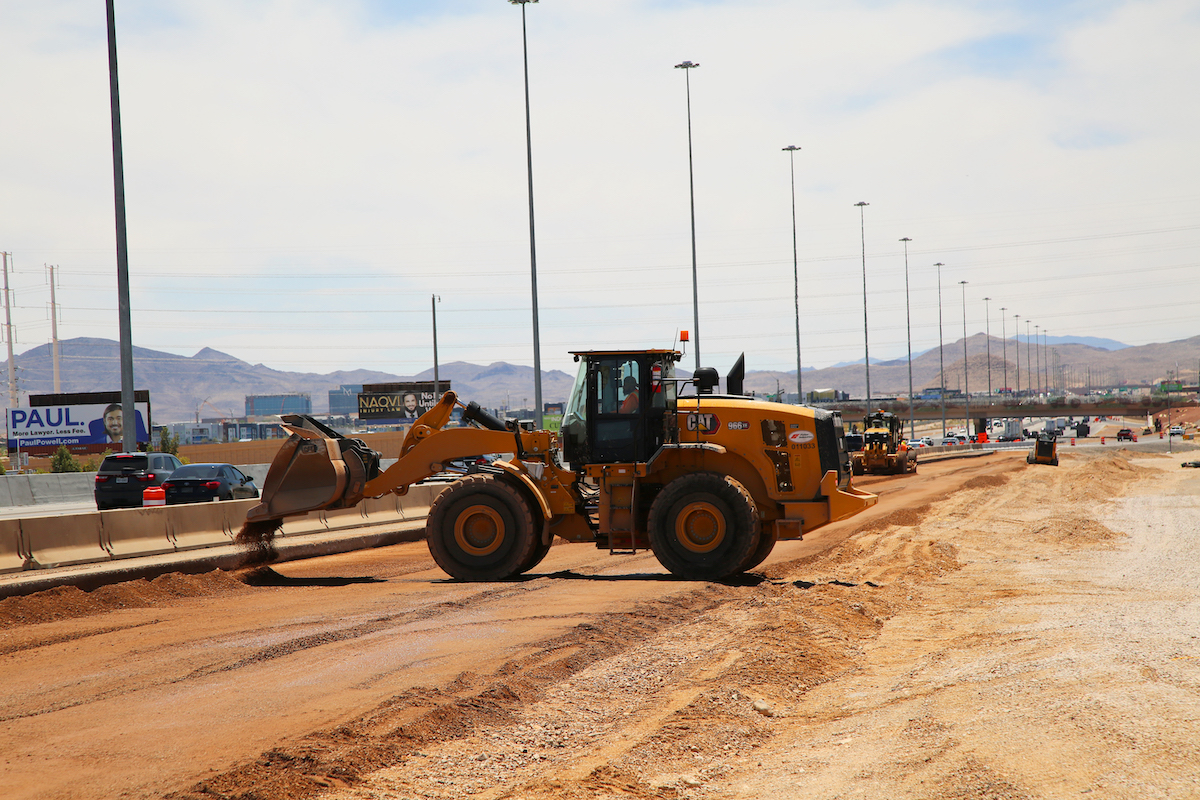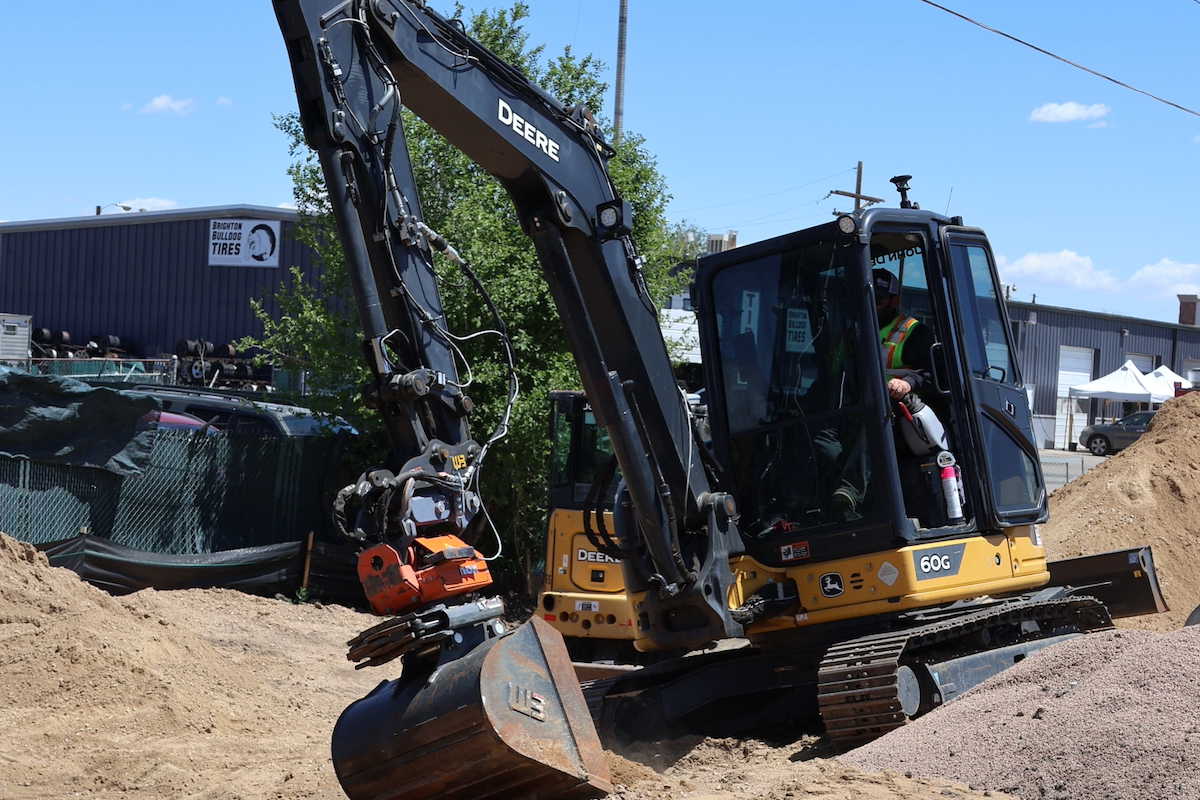Founded by CEO Rick Jacobs, Accelerator for America is an organization led by an advisory council of mayors and other local leaders from across the country that helps communities secure direct financial assistance to Americans in need. Los Angeles Mayor Eric Garcetti and more than a dozen U.S. mayors are introducing a 41-page playbook that outlines realistic infrastructure improvements for municipalities in every part of the country.
NPI’s playbook addresses four major concerns with infrastructure investment: maximizing investment for job and small business growth, empowering localities with effective tools and processes, funding and financing for community-serving infrastructure, and making transformative investments for a more resilient future.
“Infrastructure investment must be an essential component of us winning the future, reclaiming the present by getting through the economic malaise we’re in, and looking at issues of racial and economic justice,” said Mayor Garcetti, the webinar’s host.
The presentation included Congresswoman Karen Bass, Waterloo Mayor Quentin Hart, Oklahoma City Mayor David Holt, Phoenix Mayor Kate Gallego, Chattanooga Mayor Andy Berke, and Dayton Mayor Nan Whaley. Each mayor gave insights into the measures their communities have taken to improve local infrastructure while keeping in mind the economic, civil, and public health crises that our nation currently faces.

| Your local Bobcat dealer |
|---|
| Ditch Witch West |
| Faris Machinery |
Because of the historic divide between the East and West parts of the city fueled by racial prejudice, Hart said it was important for his office to bring the community together with a centralized city center that diffuses the mentality of ‘East versus West.’ This city center is part of a place-based revitalization strategy that incorporates work force training and skill building for construction trades for individuals who live in high-poverty neighborhoods.
Hart said the actions his city took to combat some of the longstanding challenges of systemic inequality should be adopted by cities across the country.
“People are demanding change,” Hart said. “We must work tirelessly to close that gap and give black-owned businesses a chance to compete for this entire community to rise.”
Mayor Gallego used her time on the panel to discuss projects her city initiated to improve infrastructure while also reducing energy consumption. Gallego helped Phoenix secure funding for a light rail system, which she found quite useful after suffering from a seizure and temporarily losing her driver’s license. She said her office has worked diligently since then to secure more funding for these projects.
Mayor Berke from Chattanooga also talked about the tangible benefits of infrastructure improvements in his city. Chattanooga is home to the fastest, cheapest, and most pervasive internet in the world with a 600,000 square mile fiber optic network that connects to every single home and business in the area.

| Your local Volvo Construction Equipment dealer |
|---|
| Faris Machinery |
“It is an amazing equalizer,” Berke said.
Berke said this initiative has stimulated substantial growth in his city over the past few years – creating 2,800 to 5,200 new jobs and generating $1 billion in economic activity, leading him to believe that every city should provide municipally-owned broadband to its residents.
“I plainly believe this is a public good, and if COVID-19 and the crises that we’re seeing economically and public health-wise don’t convince you that this is a public good, I don’t know what will,” Berke said. “This is what infrastructure looks like in 2020.”
NPI’s playbook specifically requests that the government clear regulatory hurdles that restrict the ability of cities to install fiber networks. It argues that as millions of people now rely on telemedicine and remote working, COVID-19 has sparked a bigger need for fast and reliable internet connection.
Funding and Financing for Community Serving Infrastructure

| Your local Trimble Construction Division dealer |
|---|
| SITECH Southwest |
| SITECH Northwest |
| SITECH Rocky Mountain |
This section of NPI’s plan aims to support economic growth both locally and nationally by increasing federal funding to underserved jurisdictions that suffer more in times of crisis.
In an initiative called Metropolitan Area Projects (MAPS), Oklahoma City Mayor Holt and residents have voted to invest more in city projects. Their new initiative, MAPS 4, hopes to incorporate youth centers, $50 million for homelessness housing, a central animal shelter, and more human-focused projects.
Holt said these projects can translate into nationwide efforts if the federal government starts thinking about why Oklahoma City has been successful in implementing new ideas. He said the federal government should be more transparent with their plans for infrastructure by giving citizens direct timelines and following through on commitments.
“I would love to see the federal government embrace some of the models that we have used in MAPS,” Holt said. “There are trillions of dollars the federal government is putting out there and we think it could be better used, better focused, better articulated, and better organized make a bigger impact on the daily lives of people who live in cities.”
Dayton Mayor Whaley said smaller and midsize cities need to be given more across the board because competition between larger municipalities often leaves smaller communities unable to secure the funding they need.

| Your local Gomaco dealer |
|---|
| Faris Machinery |
“Our citizens need broadband, they need paved streets, and they need access to transit in a more meaningful way that gets them around,” Whaley said.
Mayors on the panel from all over the country agreed that change must be made, and it must be made now.
“Infrastructure doesn’t just strengthen America, it strengthens Americans,” Garcetti said. “We didn’t need one more think tank. We need a do tank.”
















